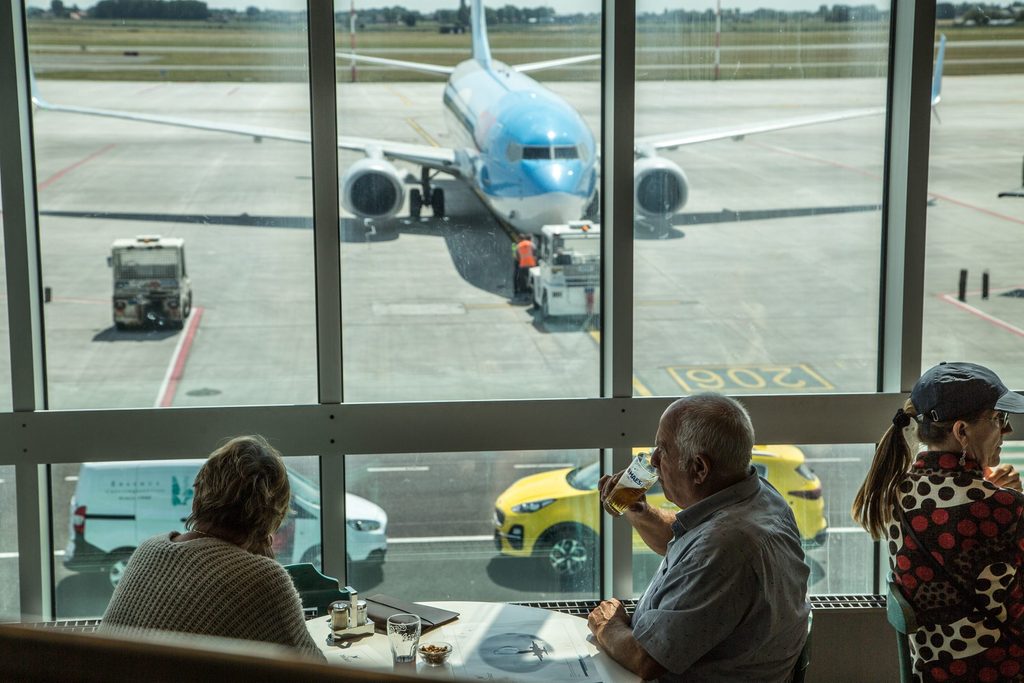A ban on short-haul domestic flights came into force in France on Tuesday, though has had little initial impact leading to criticism from environmental activists who argue it is too weak. Meanwhile industry groups maintain their disapproval.
The measure formally bans flights for journeys that would take 2.5 hours or less by train but specifies that the equivalent rail route must be frequent, timely and well-connected, TF1 reports. The connections should allow passengers to spend at least eight hours at their destination.
In a statement on Tuesday, French Transport Minister Clément Beaune hailed the measure a "world first" and said it is an "essential step and a strong step to reduce greenhouse gas emissions".
Conditions and exceptions
The 2.5-hour cut-off notably leaves out routes between Paris and Marseille – France's two most populous cities which are three hours apart by high-speed rail.
The ban is set to be in force for three years and will be evaluated after two. For a train ride to be considered an alternative, the government decree only takes into account direct routes from an airport train station, if there is one, to other cities.
This means that for any short-haul flights from Charles de Gaulle Airport, the main aviation hub for Paris, the connection has to exist at the airport train station; routes from any of the city's six big train stations are not considered a legitimate alternative. In 2019, the Paris Gare du Nord train station alone serviced over 240 million passengers, while the airport terminal station had 15 million passengers.
In consequence, the ban affects only flights from the Paris Orly Airport to Nantes, Bordeaux and Lyon. These flights have already ceased to exist since 2020, when the government negotiated their removal with Air France, in exchange for a COVID-19 financial support package, Franceinfo reports. Yet under the ban, it would still be legal for these flights to be re-introduced from the Charles de Gaulle airport, French ecological daily Reporterre notes. According to the journal, the ban becomes "useless" because of the exemptions.
Stephen Kerckhove, president of the French climate association Agir pour l'Environment ("Act for the Environment") said that the law is a "succession of imprecise constraints". The association also decried the 2.5-hour limit, citing the initial demand of the citizens' assembly which called for a 4-hour limit.
Related News
- 100 years ago, Belgian airline Sabena found its wings
- ‘Ban private jets’ activists detained for over 20 hours in Geneva
The ban was first included in a 2021 climate law but was put on hold after aviation industry groups went to the European Commission, claiming it enforced discrimination between transport carriers. After an investigation, the Commission approved the measure in December 2022.
Thomas Juin, the president of the French Airports Union (UAF), said on Wednesday that they are thinking of contesting the ban. "We dispute this idea that the reduction of carbon emissions from the aviation sector could come by banning of air connections in the years to come," Juin told Franceinfo. The UAF was one of the groups that first notified the European Commission on the measure.

